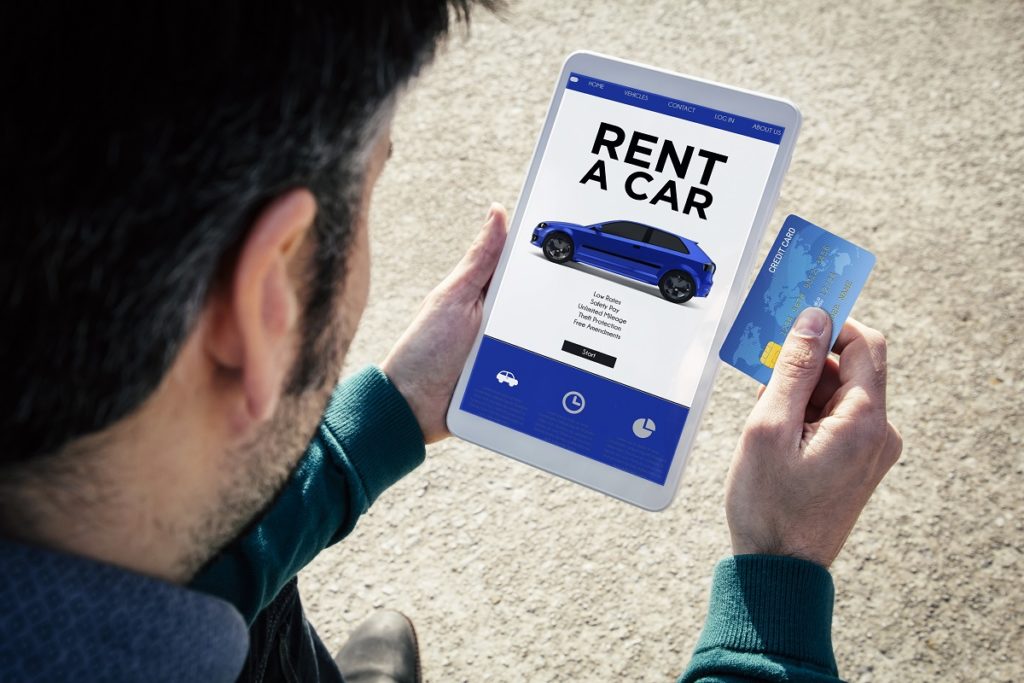
Almost 120 million people visit the state of Florida each year, making it one of the most popular vacation destinations in the United States. Many of these visitors use rental cars to travel from place to place, and at any given time there are hundreds of rental cars on the roads. Florida rental car accidents should come as no surprise then with the influx of vehicles.
If you’re injured by the negligence of an out-of-state resident driving in a rental car in Florida accident, who’s liable for the damages caused by your injuries?
Right after the Rental Car Accident
In most ways, an accident involving a rental car is the same as any other Florida automobile accident. The first thing to do immediately after the accident is to check on the condition of everyone involved, including yourself. Contact 911 at once. Even if you don’t seem to be hurt after the accident, go see a doctor anyway to make sure.
Contact law enforcement. While you’re waiting for the police to show up, exchange information with the other driver(s) — name, contact information, driver’s license number, insurance information, etc. If you can, get the names and contact information of any witnesses to the accident and take pictures of the accident scene. When the police show up fill out an accident report to turn in to the insurance companies.
Your PIP Will Cover Your Damages Up to a Certain Amount
Contact your insurance company. If you’re a Florida driver, you’re covered by at least $10,000 worth of Personal Injury Protection (PIP) insurance. This will pay 80 percent of your medical bills regardless of who was at fault in the accident.
If your medical bills are more than $10,000, who is liable for the difference? The driver of the rental car, the company that owns the rental car or both?
Is the Rental Car Company Liable For My Damages?
Rental car companies in Florida cannot be held liable for injuries caused by someone driving one of their rental vehicles due to the Gates Amendment. However, there are exceptions. For instance, if the rental car companies were negligent in repairing and maintaining their vehicles and you can prove the vehicle’s condition — bad tires, bad brakes, turn signal or braking lights out, etc. — was responsible for the accident, a rental car company may be held liable for your injuries.
You’ll have to File a Claim With the Rental Car Driver’s Insurance Company
If the damages caused by the accident are more than $10,000, you’ll probably have to file a claim with the rental car driver’s auto insurance company. Most auto insurance policies extend coverage to include rental cars.
In Florida, it’s illegal to rent a car to someone without insurance. In many instances, customers are also talked into buying an additional $10,000 worth of accident coverage insurance by the rental car company.
Comparative Negligence
One thing to remember: Florida is a comparative negligence state. Comparative negligence, or fault, will reduce the amount of damages you can recover by the percentage to which your negligence contributed to the accident. If your damages total $100,000 and the court finds that you shared 25 percent of the negligence for the accident, you’ll only be able to collect a maximum of $75,000. If you’re found to be more than 50% responsible, then you would be unable to recover damages.
Other factors may complicate matters as well. Who was driving the rental car at the time of the accident? The renter’s insurance may not cover all drivers. What kind of rental vehicle was involved in the accident? The driver may not be insured to drive vehicles such as U-hauls and certain kinds of trucks and vans. Also, what was the driver using the vehicle for? If it was for business, the driver’s insurance company would not pay the claim.
Frequently Asked Questions About Car Accidents
Should I Give a Recorded Statement to the Other Party’s Insurance Company?
Don’t give a recorded statement to the other party’s insurance company until you speak with a lawyer first.
Insurance companies are businesses that profit by giving out as little in settlements as possible. They’ll accomplish this by asking questions designed to look for weaknesses and inconsistencies in your case. Your answers will be used in the case against you.
And no matter what an insurance adjuster may tell you, there are no laws in Florida requiring you to give a statement to an insurance company.
How Much Can I Expect From a Florida Car Accident Settlement?
For most legal settlements, details can make a huge difference in the final outcome. A few of the factors that can affect your final settlement are:
• The other driver’s insurance coverage
• Medical expenses incurred in the past and those expected in the future
• The present and future value of lost earnings
• Pain and Suffering
If I Have Been in an Accident, What Should I Do Immediately After?
Following an accident, you can do several things to make sure you get the settlement you deserve, including:
• Do not leave the accident scene.
• Ensure that anyone who has been injured in the accident, including other motorists, passengers, and pedestrians, receives immediate assistance.
• Call emergency personnel, if necessary.
• Collect evidence from the accident scene.
• Seek medical assistance.
• Consult with an experienced lawyer.
We’re here to Protect Your Rights after a Florida Rental Car Accident
At Rivas Law Group, we help clients who have been injured in car accidents involving rental car drivers in Lakeland, Winter Haven, Lutz and other Central Florida communities. Getting a fair settlement from an insurance company is hard enough under any conditions, but it’s especially difficult when the defendant and his insurance company are located out of state.
You can depend on Tania Rivas and Rivas Law Group to take whatever steps necessary to see you get the total compensation you deserve for the pain and suffering, medical expenses, lost wages and other damages you’ve suffered due to the negligence of the rental car driver.
Call Rivas Law Group to schedule a free consultation with an experienced Lutz auto accident attorney. We’re here to review the facts in your case, answer any questions you may have and determine the best way to proceed in your situation. We work on a contingency basis, which means we don’t get compensated until we win your case.



